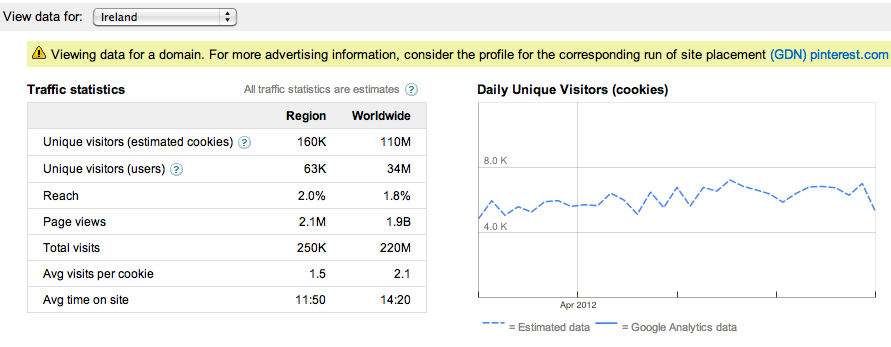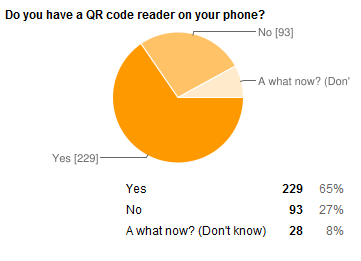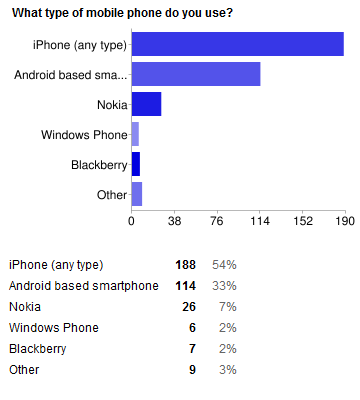This is an example of letting other people do the work for you. I asked Paul Savage, Kieran Flanagan and David Quaid a question about Online Marketing, here are their contributions. Thanks Paul, Kieran and David.
The statement I asked them to elaborate on was: One thing businesses should put some effort into online, before 2014 comes along.
Paul Savage from Blackdog
While having a website is the first step, I believe that customers now expect a little bit more when they come to the website, they want to know the story behind the business or brand. For example : There are quite a few places to buy gifts online or book hotels in Dublin, but which one has the best story, is unique, stands out from the crowd ?
Your story could come across better from having some of the following aspects :
- lovely designed website
- well laid out and logical website and easy process to buy
- well written copy
- have a blog about the day to day projects at your company
- a real company history and staff profile page with
- user reviews, or links to independent reviews of your business
- be sociable & reachable via ‘new’ media like twitter / facebook
- It’s not rocket science, but it does take an effort and a conscious decision. Businesses need to be more personable online.
Kieran Flanagan from SearchBrat
The answer will vary a lot depending on the industry and market you’re in. For example, a typical answer would be around social or mobile. But if you are a B2B business selling medical software (random example I know), I bet there aren’t many leads coming from either of those mediums. In 2014 maybe they could get a little more from each of these e.g. build a community around medical problems to drive both awareness of their brand and prospects to their site, but the point is, how users purchase goods online is changing rapidly, but how rapidly differs between markets, something marketers should keep in mind.
For me, small to medium sized businesses can still get a lot of value from search, both paid and organic (this is across all platforms – desktop, tablet, mobile). Google’s targeting options in Adwords are becoming more complex and a lot more granular. On the other hand, SEO is definitely becoming more unreliable. If you put on your tinfoil hat for a minute, you could say those two are linked. But a working search strategy will still play a big role in most companies success in 2014. If I was going to pick one thing for businesses of this size, it would be split as follows:
- For sites that are already high trafficked, they should be thinking about CRO (Conversion Rate Optimisation). Not enough companies are focusing on both their macro and micro conversions, even though it could have a huge impact on their bottom line. If your conversion rate is currently 1%, then increasing your spend on other parts of the strategy is still going to result in 99% of new visitors you attract, not purchasing your product. Imagine you could double that conversion rate to 2%. How much impact will that have on your bottom line?
- For sites that need to build up their traffic/brand – it would be telling a story through inbound marketing. Watch Simon Sineks video and start figuring out what your brands “why” is. Then deliver that message through a content strategy across all free platforms (Google, Twitter, Facebook etc – whichever is suited to your market). You then need to plan an integrated strategy across search, social, mobile, etc, anywhere your potential prospects are going to consume that content. Look at platforms like https://join.app.net/. This is a private version of Twitter, so people don’t have to put up with ads. Users are getting more and more adverse to ads online. It’s happening a lot quicker than it did offline. Brands really need to figure out how they can be part of the conversation, rather than an interruption to it.
For Enterprises (or in general, large businesses that hire agencies), invest in really good internal people that are truly great at digital. Spend in digital marketing is going to continue to grow. Having internal people who can manage agencies will be one of the biggest assets you can have in 2014. Agencies can be one of the biggest drains on your budget if you don’t understand what they should be doing or the metrics they should be measured against. Having digital natives in your company will really help with your long term strategy. They should be all over what digital trends are going to affect your future online marketing strategy.
Most people look at Internet Marketing in the same way that they think they understand all other marketing. Marketing is not advertising but some advertising is marketing. So if we implored people to do 1 thing between now and 2014: Stop thinking offline and start learning about online.
Forget about how amazing it would be to go viral because it probably won’t happen and it probably wouldn’t help if it did. If you’re not Nike, don’t be concerned with what Nike do and don’t do. Don’t assume your company or business has a brand. If nobody has heard of you they probably don’t care. Lead with a great product. Websites are not marketing.
Get over having a domain which you think is your brand. If people have a problem, you need to showcase the solution. Ranking well in Google is only part of the problem – knowing well what to rank for is where the solution lies. If you have a single domain name strategy, and you rely on the internet for a certain % of your business, be it 10% or 100% – then you’ve put all of your eggs in a single basket. If you can’t extend the marketing of your current website across more than one country, then go and build a new website for a new market and market it differently.
Do SEO. Do Social. Do AdWords. Everyone who says this: “My audience don’t click on AdWords” is wrong – Google make €40 billion a year by betting against that. It gets 30% of searches but it gets 50% of people because people do more than one search. Blog. Makea video. Make Different videos. Blog about them. Test. Improve. Repeat.
Brand marketers hate Google because they feel they have control. Many choose to ignore it. Remember one thing: The user chooses to search – you cannot control that but you should do everything to be searchable. Ignore search at your peril.


